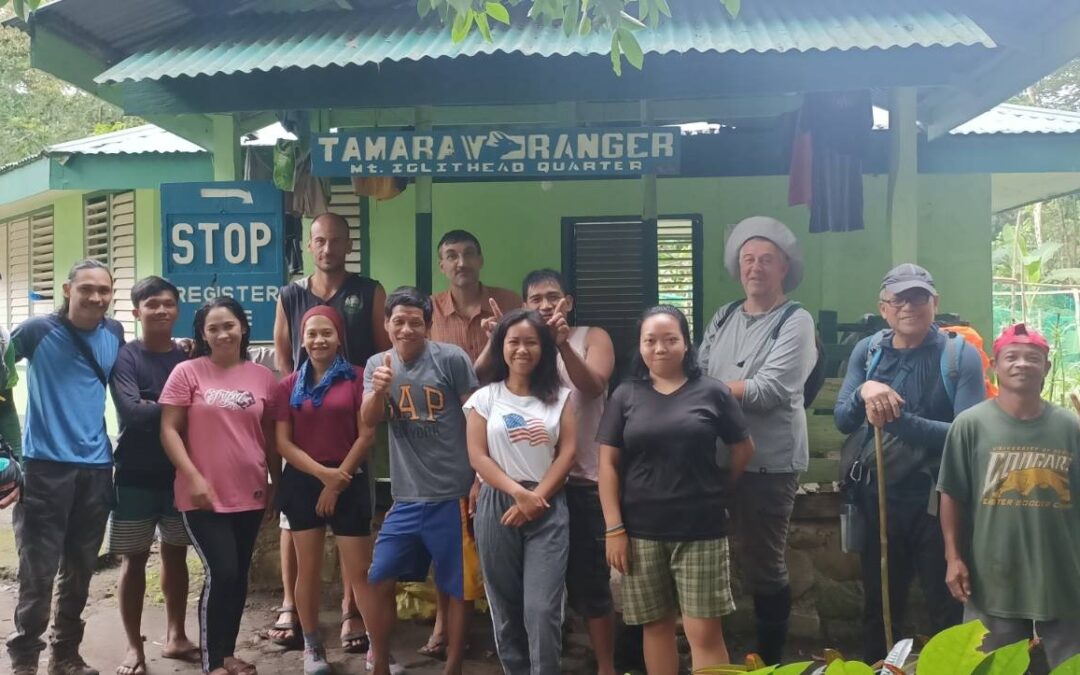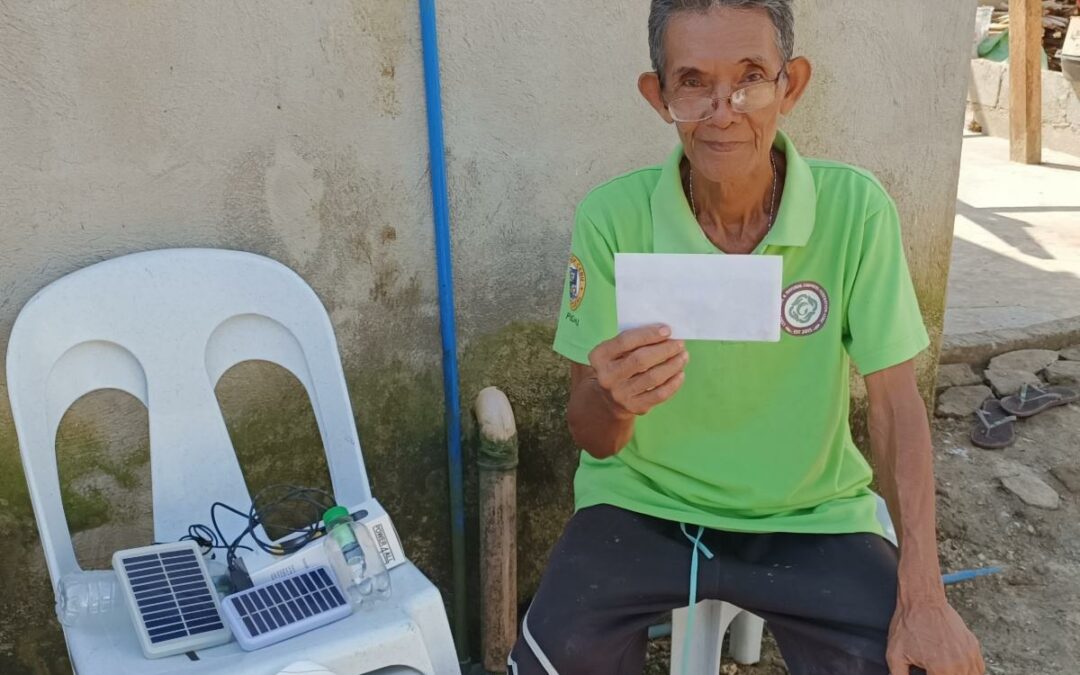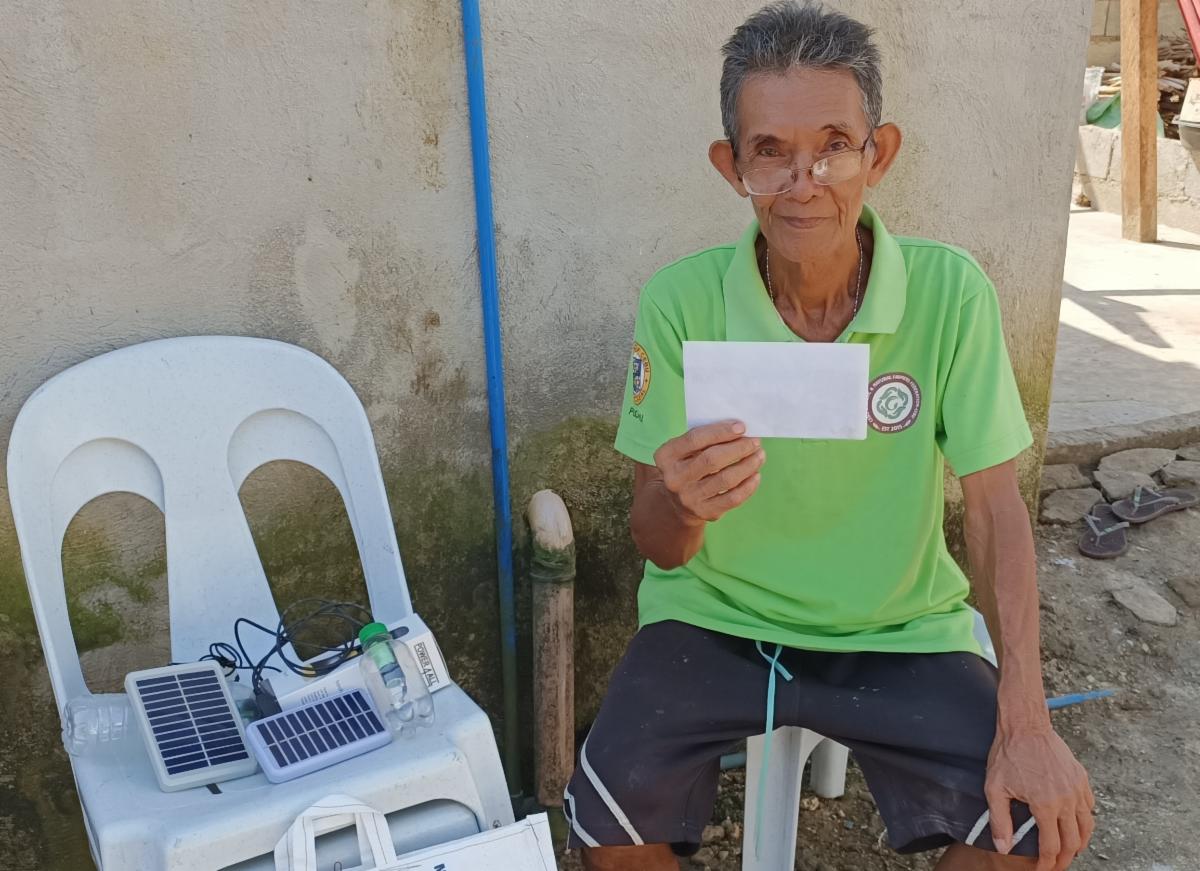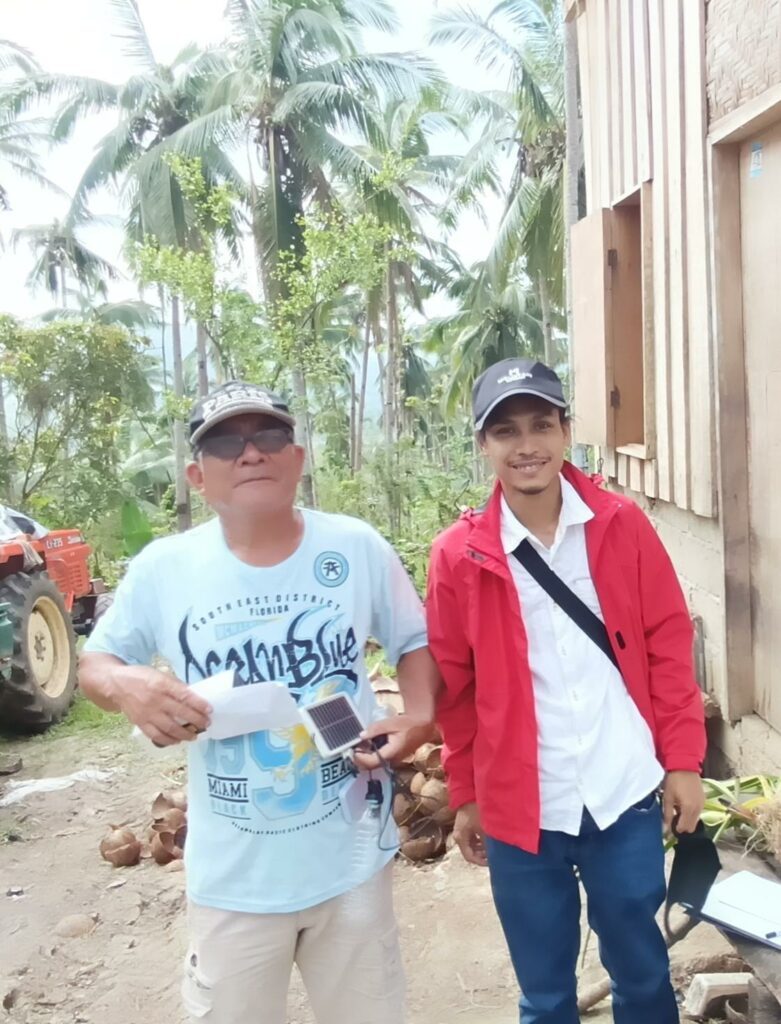
Seeds: The Key To Open Doors
In an island close to our country’s capital is the community of the Tau-Buid, one of eight ethnolinguistic groups living on the island of Mindoro. In my short stay amidst the mountains of Mindoro, I have witnessed how people can live a life of generosity and abundance despite not having the conveniences offered by modern civilization.
Mindoro, for those who do not know, is one of the largest and most populous islands in the Philippines, but it also one of the most preserved, both ecologically, and culturally. In fact, a blog post written by Eben Diskin in 2018 refers to Mindoro Island as an “untouched paradise” because of its natural beauty and biodiversity.
It is then, no understatement for me to say that visiting Mindoro was nothing short of a blessing. Living for a few days amongst the rivers, the aged trees, plants unknown to me, the birds singing their enchanting music amidst the backdrop of majestic mountains and blue skies, I am grateful to be granted this once-in-a-lifetime experience.
I am a visitor to this place, but for the Tau-Buid, this land is their home and their life. Here “connection” has a very different meaning. There is no WiFi here where people can Google when and how to do agriculture. The Tau-Buid knows it through the traditions passed on to them by their ancestors, and through their experience living amongst nature. They have no need for clocks and calendars to determine which plants will thrive in which season.
The simplicity of living among the Tau-Buid has taught me that there is nothing wrong with pausing in order to savor and appreciate what we have. It is okay to not always get what we want. It has also reminded me that losing a few days of internet does not make me miss out on life.
While some of us worry about what clothes to wear, and what cars to buy, the Tau-Buid remains proud to wear a sheet of cloth as they tread the forest barefoot. While some of us might think that this is because they have no choice, my experience living amongst them shows that this is a choice that they made – to continue these traditions and sustain their culture.
And as most of society is preoccupied in seeking for “what’s in it for me”, community life here is different. The leaders of the Tau-Buid is preoccupied in search for what is good for their community. They spend their resources to ensure the safety of their family and their community, as well as to protect their cultural heritage, and their land.
It is here where the negative impacts of economic development and the quest for power is pronounced, and clearly the Tau-Buid has long been at the receiving end. In the process, they have learned to become wary of visitors and foreigners.
But I was in good company, and I am grateful to have the opportunity to dine and interact with some of them. I realize that the conversations I had with the Tau-Buid, and the unique process of discovery I experienced in their land was possible only because of seeds.
Enjoying the serenity of Mt. Iglit.
The simplicity of living among the Tau-Buid has taught me that there is nothing wrong with pausing in order to savor and appreciate what we have. It is okay to not always get what we want. It has also reminded me that losing a few days of internet does not make me miss out on life.
While some of us worry about what clothes to wear, and what cars to buy, the Tau-Buid remains proud to wear a sheet of cloth as they tread the forest barefoot. While some of us might think that this is because they have no choice, my experience living amongst them shows that this is a choice that they made – to continue these traditions and sustain their culture.
And as most of society is preoccupied in seeking for “what’s in it for me”, community life here is different. The leaders of the Tau-Buid is preoccupied in search for what is good for their community. They spend their resources to ensure the safety of their family and their community, as well as to protect their cultural heritage, and their land.
It is here where the negative impacts of economic development and the quest for power is pronounced, and clearly the Tau-Buid has long been at the receiving end. In the process, they have learned to become wary of visitors and foreigners.
But I was in good company, and I am grateful to have the opportunity to dine and interact with some of them. I realize that the conversations I had with the Tau-Buid, and the unique process of discovery I experienced in their land was possible only because of seeds.


 However, when the roads re-opened and we were finally able to visit our partner farmers to provide initial relief including: dry goods, water, hygine kits, cash assistance, and solar lights. I was struck by the fact that despite the devastation, our farmers still radiated hope. Our farmers know that like all other storms of the past, they will rise up again. Hope is alive, love is alive, and light is alive. This is the beauty that I saw amidst this disaster.
However, when the roads re-opened and we were finally able to visit our partner farmers to provide initial relief including: dry goods, water, hygine kits, cash assistance, and solar lights. I was struck by the fact that despite the devastation, our farmers still radiated hope. Our farmers know that like all other storms of the past, they will rise up again. Hope is alive, love is alive, and light is alive. This is the beauty that I saw amidst this disaster.